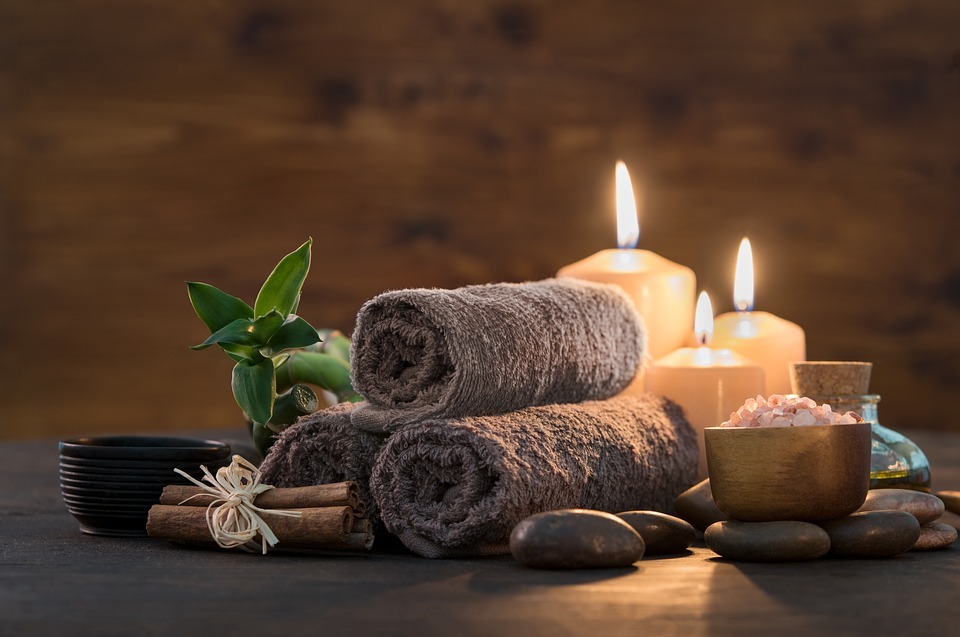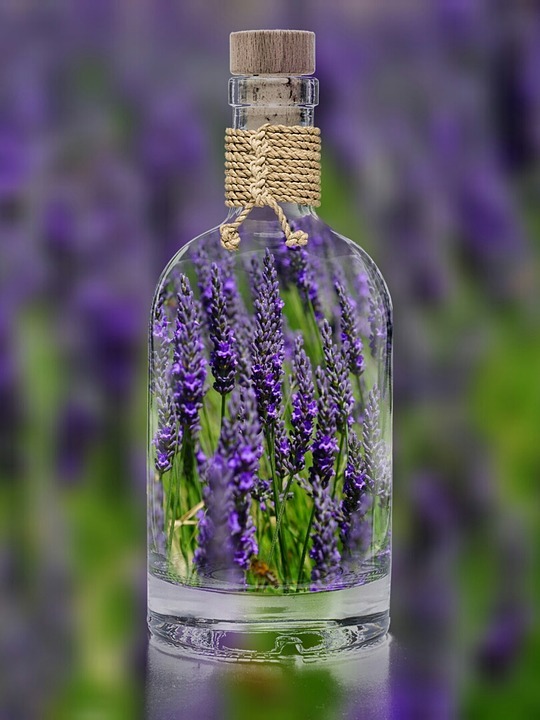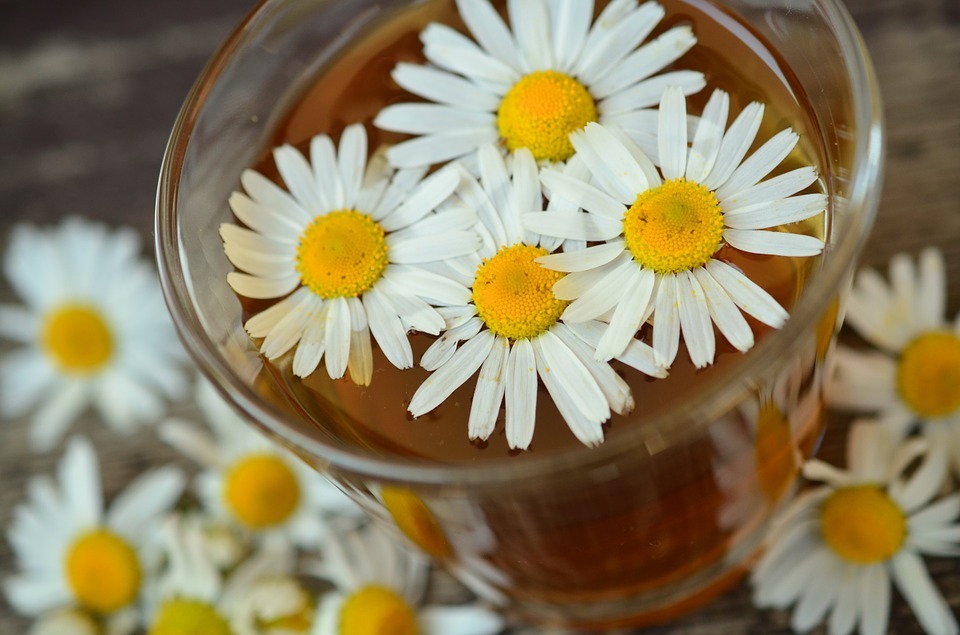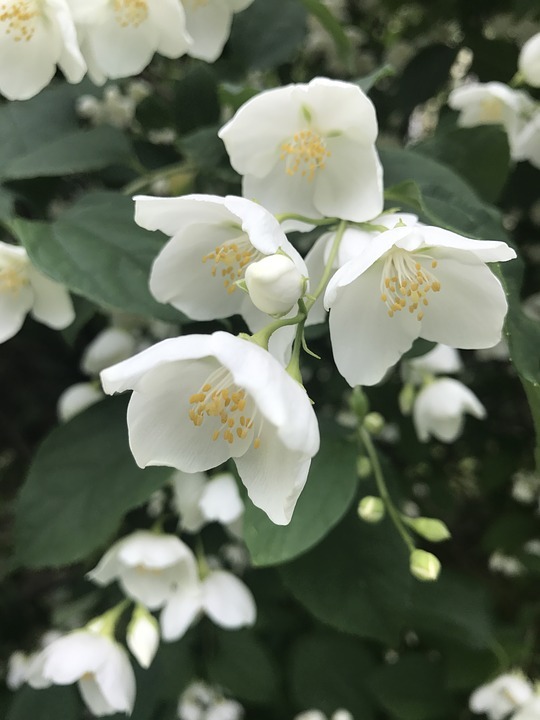Insomnia is one of the sleep disorders which can impact the quality of our lives. Some of its root causes are, having a hectic lifestyle, stress, depression, physical illness, and working unusual schedules. But there are ways to relieve insomnia and one of those is through aromatherapy.
Aromatherapy is the therapeutic use of aromatic essential oils to promote physical and psychological well-being. It can be combined with massage or other therapeutic techniques. However, aromatherapy cannot cure insomnia or its root causes. But it may help you feel calm and relaxed which can make you fall asleep faster and to let you stay asleep until your wakeup time.
If you’re suffering from occasional sleep disturbances or occasional insomnia, here are some essential oils you might want to try.
- Lavender: Lavender is one of the best-known aromatherapy treatments for insomnia. More than its powerful and long-lasting fragrance, it is also the most studied sleeping herb, meaning, there is evidence that proves it really works to promote restful sleep.
- Chamomile: Chamomile is an essential oil that is mild enough and you can use it directly on the skin without dilution. It can help calm your nerves for a good sleep.
- Jasmine: The heady fragrance of Jasmine flowers can calm the nerves, sedate the mind, and relieve anxiety and depression. Therefore, it’s also a great essential oil to aid sleep disorders.
- Melissa: This essential oil has been used to heal the heart or the emotions. Because of its uplifting and calming effect, it can balance the emotions. If the reason for your insomnia is an aching heart, you might want to give Melissa a try.
- Valerian: This essential oil has been used for centuries to relieve bad moods, calm the senses, and bring on peaceful sleep. It is effective, however, some people find its fragrance unpleasant. But you can mix it with lavender to conceal the fragrance.
- Peace and Calming Blend: This essential oil smells great and it can calm your nerves. You can even diffuse it in your room to feel more relaxed before rubbing a drop or two on your arms and chest. It also works for overactive children.
- Dream Catcher Blend: If you often encounter bad dreams or unsatisfying sleep, this blend will help you open creative dreams while inhibiting negative ones.
How to Use Essential Oils as Aromatherapy
There are several ways to use essential oils to improve your sleep and relieve stress. Here are some aromatherapy tips you may consider to reduce your insomnia and other sleep disturbances.
- Aromatic Cotton Ball by Bedside: You can add a drop of Chamomile or Lavender essential oil to a tissue or cotton ball then place it near your bed or pillow at bedtime.
- Bed Linen Spray: You can also use your favorite scent of essential oil as a bed linen spay. Lightly spray your sheets with it before bedtime for a more calming and relaxing sleep.
- Bath Time: Taking a bath is also a great way to relax but it should not be done immediately before bedtime because hot water can increase circulation which makes it difficult to fall asleep. You can take a bath an hour before going to bed. To add a moisturizing and aromatic experience, use bath oil recipes by using your favorite essential oils.
- Massage: Gently massaging your feet and legs using calming massage oils, lotion, or essential oils also helps in making you fall asleep. However, like taking a bath, massage can also stimulate your circulation so it should be avoided immediately before bedtime.
- Tea Time: Drinking herbal teas before bedtime can be soothing and relaxing. Some of the herbal teas which encourage sleep are natural chamomile tea, passion flower, and valerian. Among these herbal teas, chamomile has the most pleasant flavor.
Though aromatherapy helps us in falling asleep, there are some essential oils you should avoid before bedtime because they are particularly energizing and stimulating. Some of these essential oils are cypress, rosemary, grapefruit, lemon, and peppermint. They can only make your insomnia worse.
If you want to try aromatherapy as a sleep aid, it’s better to consult with a qualified aromatherapy practitioner. They can recommend the most suitable aromatherapy for you depending on your health situation and the root cause of your insomnia.
Aromatherapy can be helpful in relieving occasional insomnia and other sleep disturbances, but if you are suffering from a serious sleep disorder for a long time, it’s better to consult with a health professional for some treatment. Following a healthy lifestyle at the same time can be beneficial as well.





